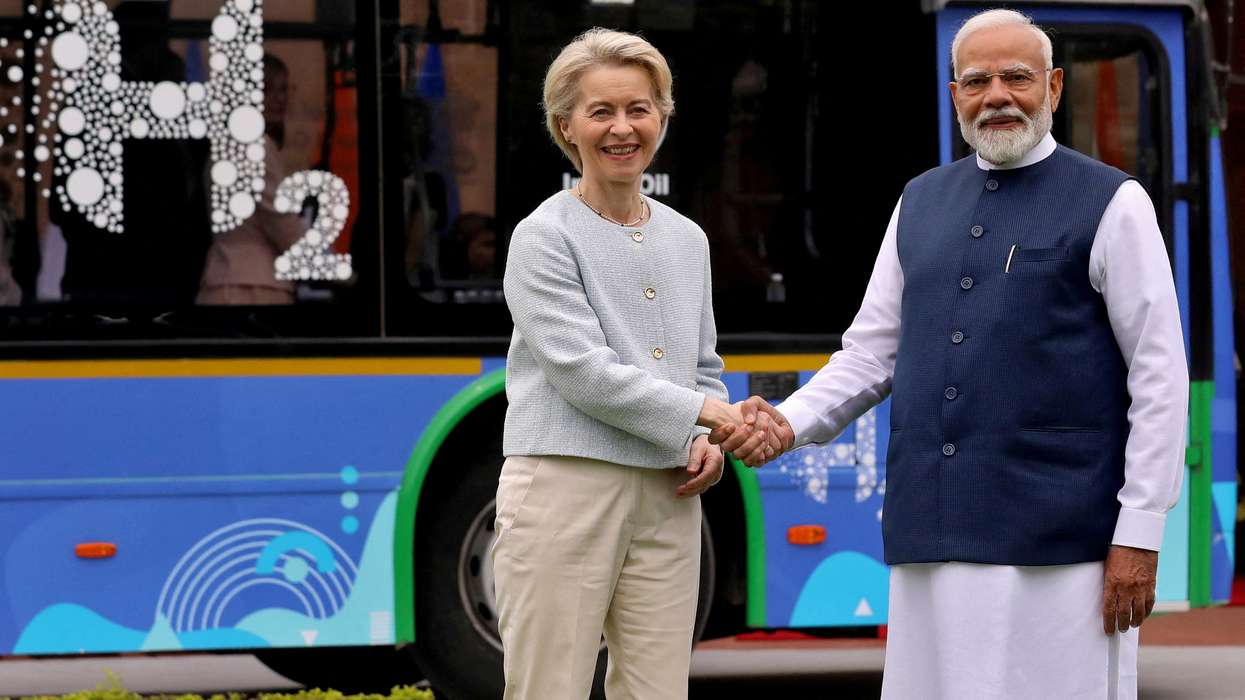FORMER England Under-19 captain Azeem Rafiq has revealed that he was on the verge of "committing suicide" during his stint the Yorkshire county side, accusing the club of being "institutionally racist".
The Karachi-born off-spinner, who had also captained the club, said he felt like an outsider and lost "faith in humanity" after the its board turned a blind eye to his complaints of racist behaviour during his stint from 2016 to 2018.
"I know how close I was to committing suicide during my time at Yorkshire," Rafiq told ESPNCricinfo.
"I was living my family's dream as a professional cricketer, but inside I was dying. I was dreading going to work. I was in pain every day.
"There were times I did things to try and fit in that, as a Muslim, I now look back on and regret. I'm not proud of it at all. But as soon as I stopped trying to fit in, I was an outsider."
The 29-year-old said the "institutional racism" was rampant, which was yet to respond to the allegations.
"There were no coaches on the staff from a similar background who understood what it was like. It's obvious to anyone who cares that there's a problem," said Rafiq.
"Do I think there is institutional racism? It's at its peak in my opinion. It's worse than it's ever been.
"I believe the club is institutionally racist, and I don't believe they are prepared to acknowledge the fact or willing to change."
Rafiq recalled a few instances when the club failed to take any steps against racist behaviour, including when the England and Wales Cricket Board (ECB) disciplined its player for an on-field outburst.
"But instead of the club disciplining him, a board member employed Luis Suarez's lawyers to ensure he got off. What was I meant to think of that?" he asked.
Rafiq also claimed Yorkshire used the death of his stillborn son to release him from the club.
"I took my son straight from the hospital to the funeral," he said. "Yorkshire told me they would look after me professionally and personally. But all I heard after that was a short e-mail. I was told I was being released. I felt it was used against me, really.
"The way it was done was horrible. It killed me for a while. I lost all trust in anything and anyone. I'd spent the best part of a decade around those people. I thought they had my best interests at heart. I lost faith in humanity."
Rafiq said a club member recently called him, and a report based on his observations will be filed.
"Someone called me a week or so ago. It was made very clear that the conversation we had was as friends and not in any official capacity," he added. "It now seems it was an attempt to show they were doing something. I feel quite misled, to be honest."



